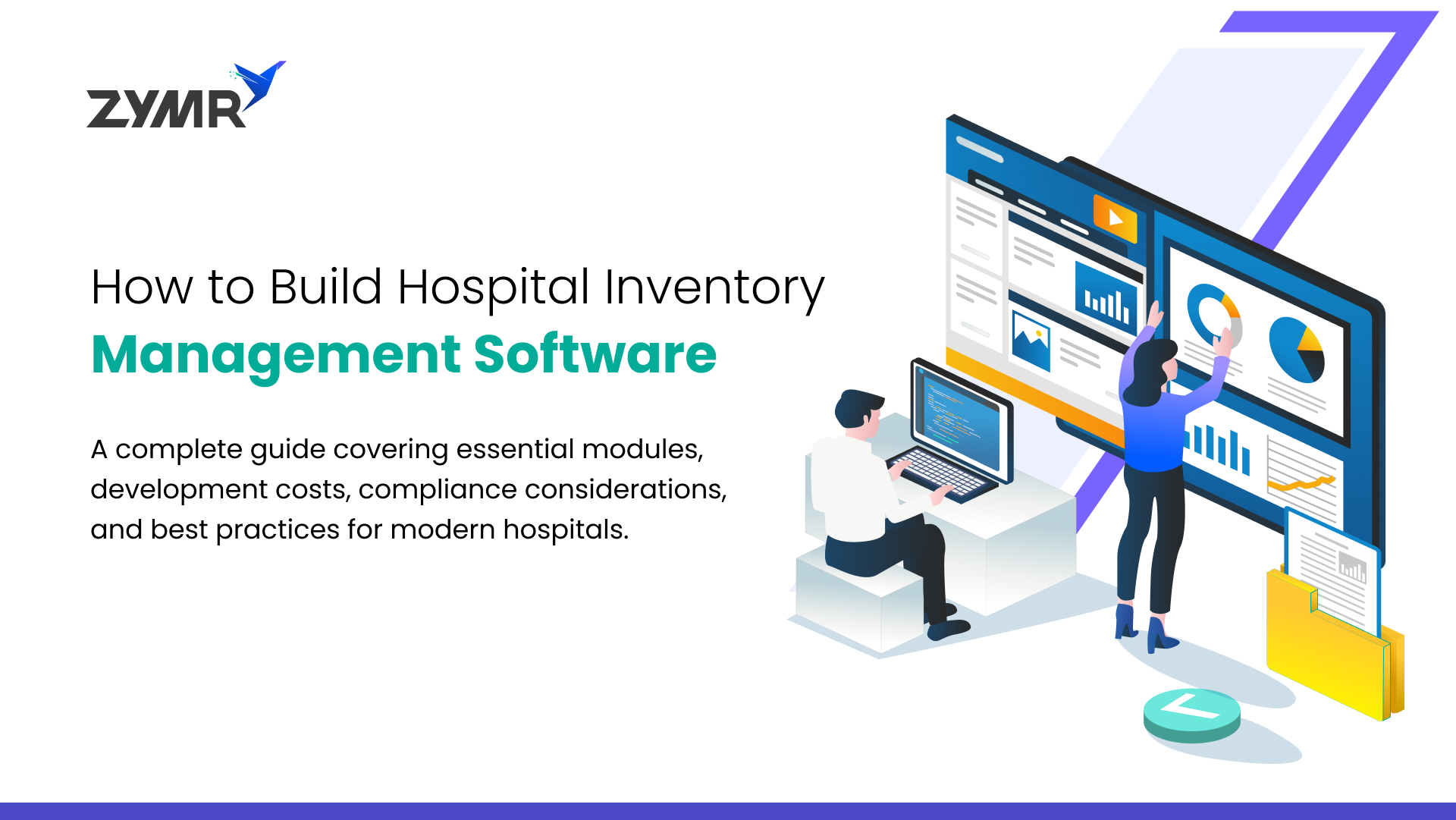The Evolution from ITOps to DevOps Automation: A Journey Towards Agile and Collaborative IT Operations

December 1, 2023
DevOps
The world of IT has undergone a significant transformation in recent years, with companies increasingly moving towards a more integrated and collaborative approach to IT operations (ITOps) and development (DevOps). The traditional ITOps approach has been criticized for being slow, rigid, and siloed, often leading to operational inefficiencies and reduced innovation. In contrast, DevOps represents a more agile and collaborative approach to software development and IT operations, designed to increase speed, agility, and collaboration across teams.
Traditional ITOps is typically a highly structured and siloed approach to managing IT infrastructure and operations. The focus is on maintaining stable and reliable systems, with a strong emphasis on minimizing downtime and service interruptions. However, this approach is often slow and inflexible, with little room for innovation or experimentation. Changes to IT infrastructure are carefully planned and executed, and any unexpected issues can take a long time to resolve, resulting in delays and downtime for end-users.
Another problem with traditional ITOps is that it is often highly siloed, with separate teams responsible for different parts of the infrastructure, such as networking, storage, and security. This siloed approach can lead to communication gaps between teams, resulting in delays and errors as different teams struggle to work together.
Agile and Collaborative IT Operations
The emergence of DevOps represents a shift away from traditional ITOps towards a more agile and collaborative approach to IT operations and software development. DevOps combines the best practices of software development and IT operations, breaking down traditional silos and fostering collaboration across teams.
DevOps is characterized by a focus on automation, continuous integration and delivery, and a culture of collaboration and experimentation. The goal is to increase speed, agility, and innovation, while maintaining stability and reliability.
DevOps Delivers Greater Innovation
DevOps offers a range of benefits over traditional ITOps. One of the key benefits is increased speed and agility. DevOps enables companies to deliver new features and services faster, with shorter development and deployment cycles. This faster time-to-market can provide a significant competitive advantage, allowing companies to respond quickly to changing market conditions and customer needs.
Another benefit of DevOps is improved collaboration and communication across teams. DevOps breaks down traditional silos and fosters a culture of collaboration and experimentation. This can lead to better communication and coordination between teams, resulting in fewer delays and errors.
DevOps also promotes a culture of continuous improvement and experimentation. This can lead to greater innovation and creativity, as teams are encouraged to try new ideas and approaches, without fear of failure.
Keys to Successfully Transitioning to a DevOps
Making the shift from traditional ITOps to DevOps can be challenging, but there are several important tips that can help ensure a successful transition:
- Start small and iterate: DevOps is a journey, not a destination. Start by identifying a small project or application to pilot your DevOps approach, and iterate as you learn and grow.
- Foster a culture of collaboration and experimentation: DevOps requires a culture of collaboration, experimentation, and continuous improvement. Encourage teams to work together, share knowledge, and try new ideas and approaches.
- Embrace automation: Automation is a key enabler of DevOps. Automate as much as possible, including testing, deployment, and monitoring.
- Focus on continuous integration and delivery: Continuous integration and delivery are essential components of DevOps. Implement tools and processes to automate the build, test, and deployment of code.
- Invest in training and development: DevOps requires new skills and knowledge. Invest in training and development programs to help your teams develop the skills they need to succeed.
Conclusion
DevOps represents a fundamental shift in the way companies approach IT operations and software development. By breaking down traditional silos, fostering collaboration and experimentation, and embracing automation and continuous improvement, DevOps enables organizations to deliver new features and services faster and with greater agility. While the transition from traditional ITOps to DevOps can be challenging, it is a journey worth taking for companies that want to thrive in today's fast-paced and competitive business landscape.
FAQs
>
>
>
>
>
Have a specific concern bothering you?
Try our complimentary 2-week POV engagement
Our Latest Blogs

January 15, 2026
Global Healthcare Outlook 2026: Key Trends in Digital Health, AI, and Patient Safety

January 15, 2026
Top 10 Healthcare IT Services Companies Transforming Healthcare Delivery(2026)

January 15, 2026





.svg)
.svg)
.svg)
.svg)
.svg)
.svg)
